EDITORIAL: THE ‘INVISIBLE’ LINE ABOUT BLACK ON BLACK CRITICISM
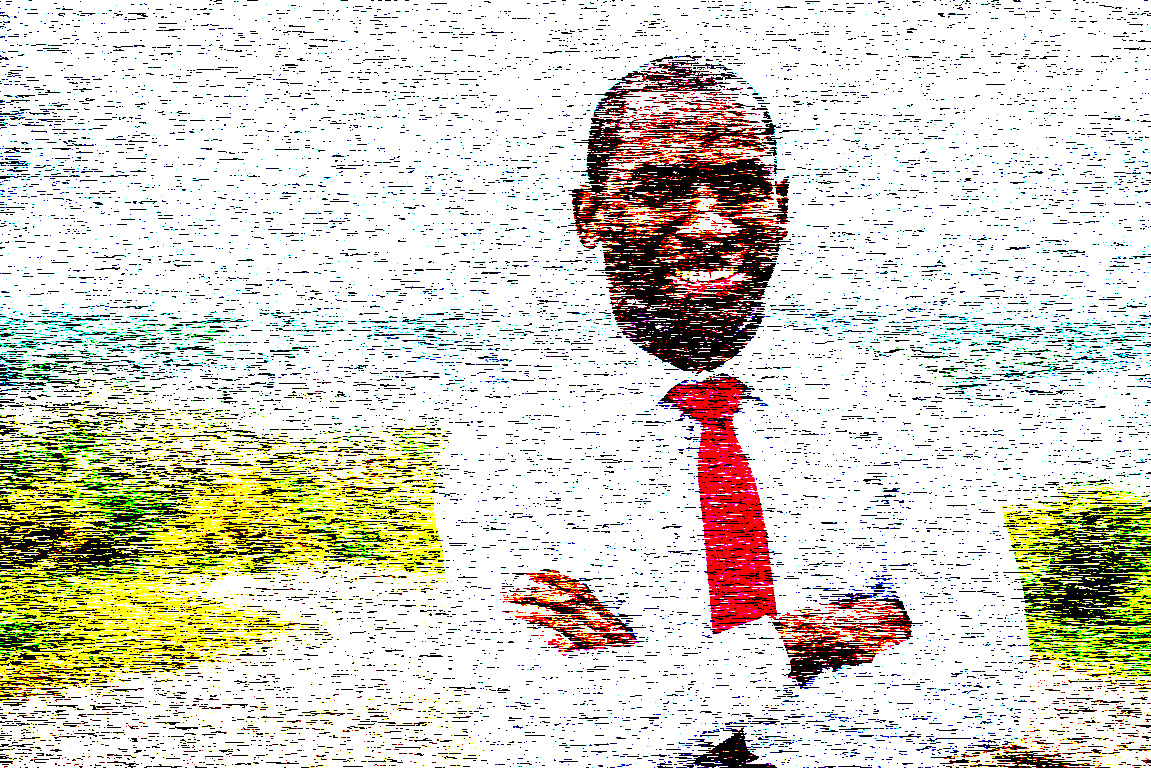
I’ll start by saying that America, particularly white America is obsessed with black on black criticism, and, in turn, most black people are hell-bent on not providing fuel to that obsession, so when it comes to navigating the invisible line regarding black on black criticism, it’s very hard to get an honest conversation outside of a safe space of like-minded people.
You see the hashtags: BlackExcellene, #BlackGirlMagic, #BlackBoyJoy, and many more as a celebration of black achievement in what can conservatively be called “challenging” times for the black community in America (I wrote “challenging” but the reality is that it’s a downright hostile time for large segments of the black community in America). Challenging how? Let me count some of the ways: President Trump, police brutality, failing intercity schools, mass incarceration, I’ll stop there but, please know, that there are many more. Even with all of the “challenges”, the black community has been able to persevere, survive, excel, and, on many occasions, thrive in America.
“America, particularly white America is obsessed with black on black criticism, and, in turn, most black people are hell-bent on not providing fuel to that obsession, so when it comes to navigating the invisible line regarding black on black criticism, it’s very hard to get an honest conversation outside of a safe space of like-minded people.” – Cheats
Here in Richmond, Levar Stoney is our 37-year-old Mayor. That’s right, a young, energetic, enthusiastic, black man, runs all of city government. Also, in the City of Richmond, the Police Chief is black, the City Manager is black, the Chair of our School Board is black, several members of City Council and School Board are black, the last two Mayors before Mayor Stoney have been black, the last several School Superintendents, before the newly placed Jason Kamras, have been black. In this city, we’ve had black people in positions of leadership. Now: Are they in positions of true power? That is a different question, but they are, and have been, in positions of leadership. And that sparks an interesting question for me: When is it okay for a member of the black community to be a vocal critic of black leadership?
I understand that most people, who are not black, may think this is a simple question. They may answer with, stick to your heart, stay true to your morals. And I understand that response, but what if one of your core principles is upholding the black community?
ESPN’s Howard Bryant describes this principle in his recent book The Heritage. In the book, he writes about the lineage of the black athlete fighting for social and economic justice from Paul Robeson to Colin Kaepernick, and throughout the book he gives examples of how black athletes have upheld the black community and helped each other navigate certain aspects of sport and life; for example, something you may not have noticed, but in baseball, during the really difficult time of early integration, the 50s through the 70s, there was an unwritten rule that black ballplayers didn’t fight each other in public, even in bench-clearing team fights. Black ballplayers welcomed each other into their homes and, as we say today, put them up on game. This was the part of The Heritage.
With that, there has also been a trend – that remains today – that makes black-on-black criticism a sensitive topic. You guessed it, white people manipulation. The white community, throughout history, has used members of the black community to be critics of the black community. Then those with power and privilege either elevate the member of the black community that has done the criticism to serve their purpose or often, more often, they discard the black person that did the criticism. A current example of this in 2018 is Candice Owens; or the new Kanye that said, “slavery is a choice.” White conservatives couldn’t trip over their twitter fingers fast enough to say, “I told you so.” In the context of The Heritage, in 1949, when the U.S. government needed someone to testify before Congress against Paul Robeson, they called Jackie Robinson. Jackie did the bidding of the U.S Government and spent the better part of his life trying to reverse that narrative in the black community. Joe Frazier was an open critic of Muhammad Ali before their fight Super-fight in 1971 and he was elevated by anti-Ali white people, pro-war white people, and people with political power an influence. Frazier was discarded in the aftermath of the fight. Outside of sports, the only reason Ben Carson, a neurosurgeon, is Secretary of Housing and Urban Development is because he was a black man who was critical of President Obama and reassuring to Trump. If Candice Owens were white, if Paris Dennard were white, if Stacey Dash were white, we may not even know their names (outside of Clueless, of course).
The white community, throughout history, has used members of the black community to be critics of the black community. Then those with power and privilege either elevate the member of the black community that has done the criticism to serve their purpose or often (more often) they discard the black person that did the criticism. -Cheats
Leaping forward to today: How do we in the black community express criticisms of others in the black community, without violating The Heritage – the unwritten rule? Should that even be a goal in 2018?
I strongly believe that we need the black community to hold black leaders accountable. If not us, who? Whether it is Confederate Monuments, the death of Marcus-David Peters, GRTC Pulse, development of the Richmond Coliseum, Shockoe Bottom, The Boulevard (by the Diamond), Hull Street, Brookland Park Boulevard, etc, accountability is a must. And giving credit where credit is due, a lot of the black leadership in Richmond (and throughout the country) have said that they want to be held accountable; they want to be held accountable, while at the same time, they want to be treated fairly. I get that and it’s been my goal to do that.
Here are a few principles that helped me navigate the invisible (but very real) line:
- Understand your influence. How will your involvement change the narrative? Will your voice be a tool for manipulation (think Killer Mike and the NRA)?
- Understand your moral compass. Will my actions compromise who I am, and who I want to be, as a person?
- Understand the social and political climate.
- Understand who you are speaking for.
- Be able to live with the result. If you can’t sleep at night (a la Jackie Robinson testifying against Paul Robeson) then that particular fight is not for you.
- Pick your spots wisely. I’m convinced that my criticisms are received seriously because I am not viewed as a cynical person. Give energy to what you like as well.
- Understand that private conversations lead to change and public demonstrations are mostly for show. Public demonstrations apply pressure and that pressure may lead to action but 9 times out of 10 the real results you are advocating for still get done in private conversations; it’s just a fact.
Richmond is changing every day. There are going to be days when the community looks at the makeup of our leadership and uses all of those #BlackExcellence hashtags and more. And there will be other times when your outrage rises above racial protection and speaking out is a must. You’ll have to judge, at what level do you want to be involved. And you’ll have to judge, at what cost.
The line is invisible but it’s real. And navigating it is tricky.
#WESEEIT


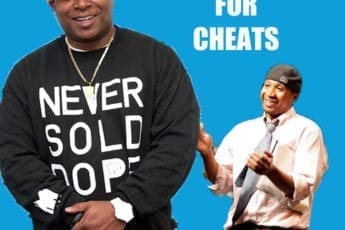
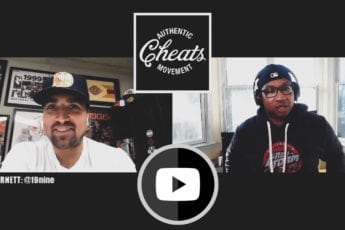
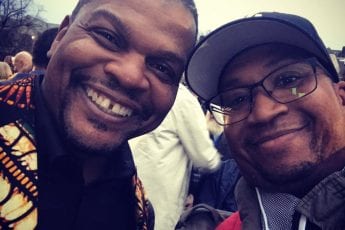


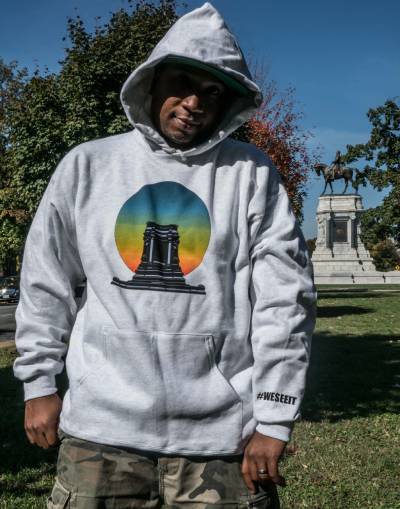 The Cheats Movement is dedicated to hip-hop culture, politics, and community activity. We see our community different than most, therefore, #WESEEIT
The Cheats Movement is dedicated to hip-hop culture, politics, and community activity. We see our community different than most, therefore, #WESEEIT
Leave a Comment